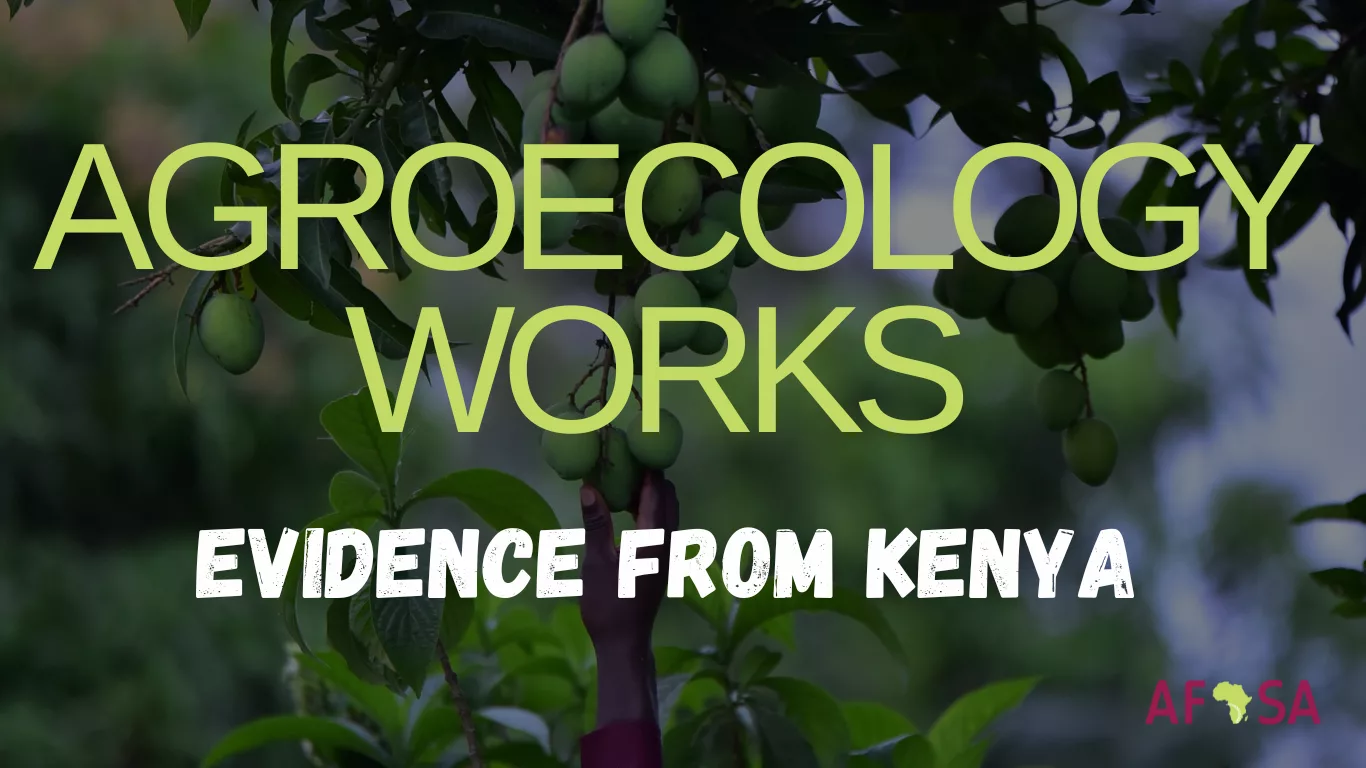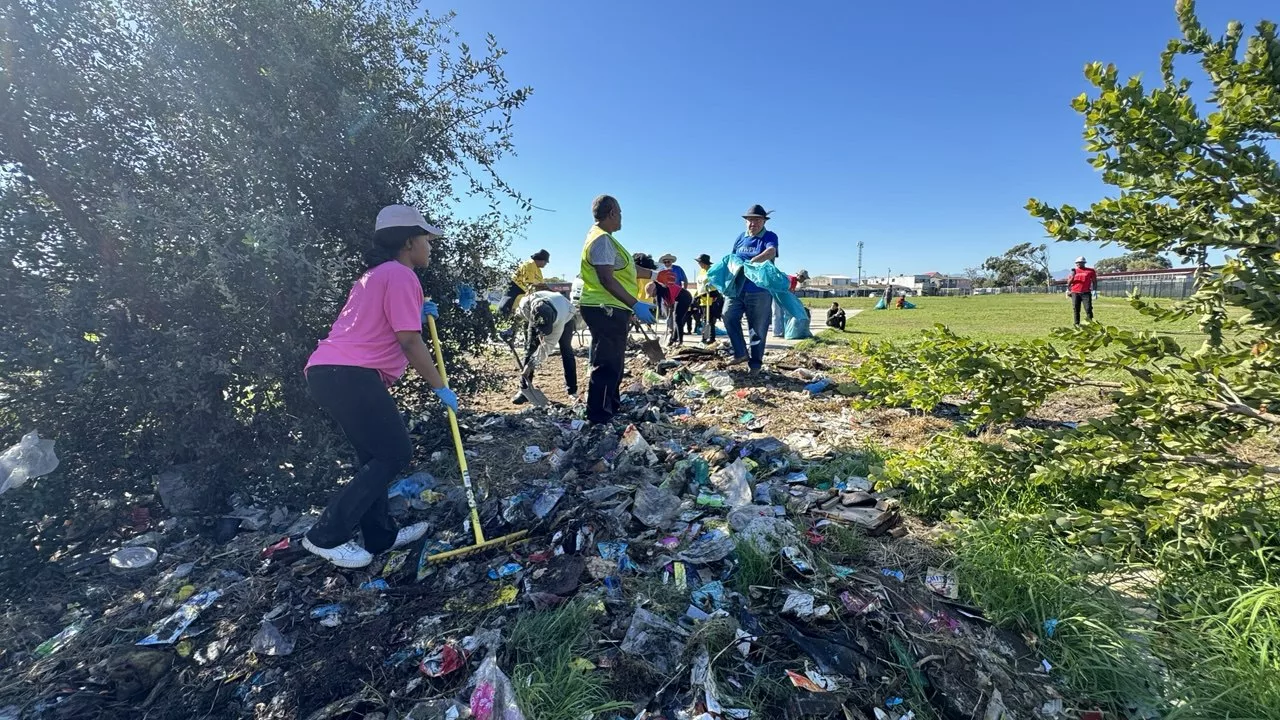|
Getting your Trinity Audio player ready...
|
Writes Kirubel Tadele
Baku, Azerbaijan – As the second week of COP29 negotiations continues, the Alliance for Food Sovereignty in Africa (AFSA) launches its latest publication, Agroecology Works: Evidence from Kenya. This booklet offers a deep dive into the transformative power of agroecology through 15 inspiring stories from across ten counties in Kenya, providing a rich collection of evidence on how agroecology supports resilience, food sovereignty, and biodiversity.
The booklet assembles 15 grassroots stories and experiences from across Kenya, spotlighting smallholder farmers, communities, and innovators who are redefining agriculture through agroecology. These stories range from schools transforming barren land into thriving food oases to farmers embracing organic practices to rejuvenate degraded soils and communities reviving indigenous knowledge for climate adaptation.
Highlights include:
- Kenyan schools embracing permaculture to provide nutritious meals and practical learning experiences, fostering future generations of environmentally conscious leaders.
- Small-scale farmers revolutionizing soil health through organic fertilization techniques like Bokashi and integrated ecological practices.
- Revival of indigenous crops and seeds, once forgotten, offering a lifeline to sustainable diets and resilient farming systems.
As the global community deliberates climate action at COP29, this publication serves as a powerful testament to the viability and scalability of agroecology. AFSA envisions a future where agroecology is no longer an alternative but the mainstream approach to achieving resilient food systems, sustainable livelihoods, and thriving local economies in Africa.
AFSA’s launch of this booklet at COP29 underscores the critical alignment between agroecology and the conference’s agenda on climate action.
Karen Nekessa, Advocacy and Communications Coordinator for the RESCOP-Kenya and AFSA Climate and Agroecology Working Group Co-Chair, stated: “The stories from Kenya showcase that agroecology is not just a theoretical concept but a lived reality for millions of farmers and communities in Africa and the world. It is an approach that merges science, tradition, and practice to deliver tangible solutions for our planet’s most pressing challenges.”
Bridget Mugambe, AFSA Programs Coordinator, said: “As COP29 focuses on finance, we are calling for grants-based financing to support agriculture and food systems transformation. Policymakers often doubt whether agroecology can scale to feed Africa and the world. This booklet proves that agroecology works and has immense potential—if we commit politically, include it in policies like NDCs and NAPs, and provide the right financing, resources, and capacity building.”
The publication serves as a call to action for governments, development partners, and stakeholders to integrate agroecology into national policies, frameworks, and climate strategies. It highlights the need for recognition of the invaluable role smallholder farmers play in global food security.
Dr. Million Belay, AFSA’s General Coordinator, emphasizes: “This publication is more than a collection of stories; it is a call to action. The evidence is clear: agroecology works, and it must be supported with the resources, policies, and political will it deserves. We hope this booklet inspires global leaders to champion agroecology as a pathway to climate resilience and sustainable food systems.”
AFSA invites policymakers, donors, and stakeholders to engage with the booklet’s insights and join the movement to scale up agroecology across the continent.
Copies of the booklet are now available for free download.






